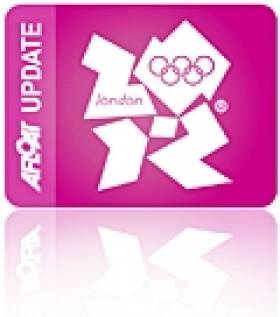Displaying items by tag: boycott
British Sailors Want Redress Over 1980 Olympic Boycott
#OLYMPICS - "Lingering bitterness" among British sailing veterans over the boycott of the 1980 Moscow Olympics has pushed them to seek recognition for the effort they put into their campaigns, the Daily Telegraph reports.
The Royal Yachting Association (RYA) was one of four sporting bodies that joined the British government's boycott of the Olympics that year.
But according to the sailors who had earned their spots at the games, the RYA's decision was made without consultation with them or the body's membership.
“They took away our dream, the fruits of months and years of hard work and dedication which is something I will regret until my dying day,” said Soling sailor Gavin Simonds, who is leading the charge for the RYA to make amends before London 2012 and assure that no sailor will be so deprived in future.
Simonds' brother Colin was the one of the leading Soling sailors in the world in 1980, and was reportedly devastated when the RYA backed that year's boycott.
The 1980 games saw Ireland win its only Olympic medals in sailing when David Wilkins and James Wilkinson took silver in the Flying Dutchman class. The president of Irish sailing's governing body has an honourary seat on the RYA council.
The Daily Telegraph has much more on the story HERE.





























































